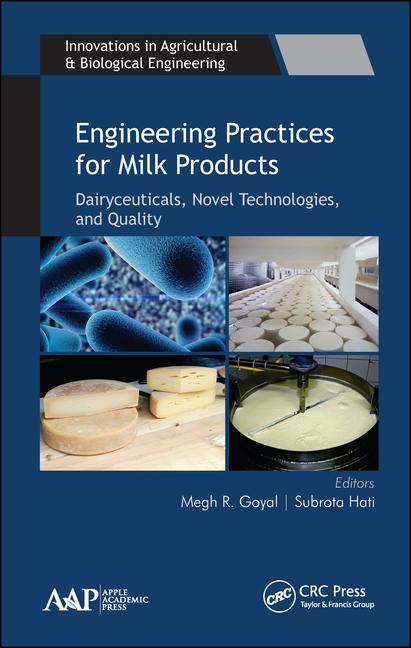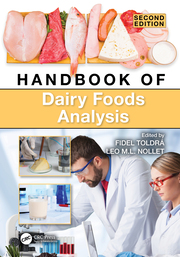Looking Out for Probiotics

Courtesy of Danisco
Formally established in 2002 in Davis, Calif., but with a membership that spans the globe, this non-profit’s mission it to engender and disseminate information on high-quality, multidisciplinary, scientific investigation in the fields of probiotics and prebiotics, and to advance the development of scientifically substantiated, health-promoting probiotic and prebiotic products worldwide.That’s sounds like a lot, because it is. ISAPP is here to help the probiotic and prebiotic industries grow and thrive, but it is challenged in doing so because too many food, beverage and supplement marketers loosely - and irresponsibly- use the term probiotic.
The organization cautions consumers on its website that some products labeled probiotic do not have clinically validated strains or levels in the product. In other words, just because a product says probiotic, doesn’t mean it contains probiotics. ISAPP wants to make sure that someday…and hopefully sooner than later, that if it says probiotic, it is.

Courtesy of Vitamix
According to ISAPP President Glenn Gibson, a food microbial scientist at the University of Reading in the United Kingdom, “There are hundreds of products claiming to be probiotic, but many are not.” But there also are many companies that are doing the right research and making valid claims…and it certainly would be a shame for a few bad seeds to ruin it for everyone. This is why Gibson and the other ISAPP Board of Directors published a letter to the editor of the British Journal of Nutrition (July 2011) regarding the European Food Safety Authority (EFSA) Panel on Dietetic Products, Nutrition, and Allergies (NDA)’s review and rejection of all, to date, proposed health benefit claims on probiotic and prebiotic products.
In the letter, the ISAPP Board points out that: “Those who are not aware of either the research supporting specific probiotics and prebiotics or the NDA review process may come to the fallacious conclusion that probiotics or prebiotics have not been shown to have health benefits. Without doubt, fraudulent or exaggerated claims are being made for some products. However, the scientists and clinical investigators belonging to the Board of Directors of ISAPP are concerned that claims supported by solid scientific evidence are also being rejected.”

Courtesy of Stern-Wywiol Gruppe
The ISAPP board recognizes that the evaluation of evidence to support claims is not a simple process and that the NDA scientists must implement challenging legislation and assess a flood of dossiers providing evidence. (The complete letter can be viewed here).
But one must wonder if any probiotic claims would be allowed in the U.S. if the same process was incorporated here. I am going to guess that only a handful would be allowed, as many marketers of probiotic-enhanced foods and beverages (not just dairy) are not meeting the key criteria of the ISAPP definition of probiotic. Gibson explains, “The microorganisms must be consumed live and in quantities that have been clinically proven to have a specific health benefit. The studies should be performed in humans and published in peer-reviewed, reputable journals.”
Mary Ellen Sanders, ISAPP’s executive director who is based in Centennial, Colo., adds, “A probiotic is defined by its genus (e.g., Lactobacillus), species (e.g., rhamnosus) and strain designation, which is often a combination of letters or numbers. The concept of a bacterial strain is similar to the breed of a dog - all dogs are the same genus and species, but different breeds of dogs have different attributes and different breeds are good for different tasks, so different strains of even the same probiotic species may be different from each other. You cannot assume that different strains of the same species will have the same effects.”
ISAPP supports the development of scientifically validated probiotic (and prebiotic) consumer goods. We, as an industry, must do the same, or else the future of probiotics in the U.S. may look as gloomy as it does in the European Union.
Looking for a reprint of this article?
From high-res PDFs to custom plaques, order your copy today!




.jpg?height=200&t=1639062115&width=200)


